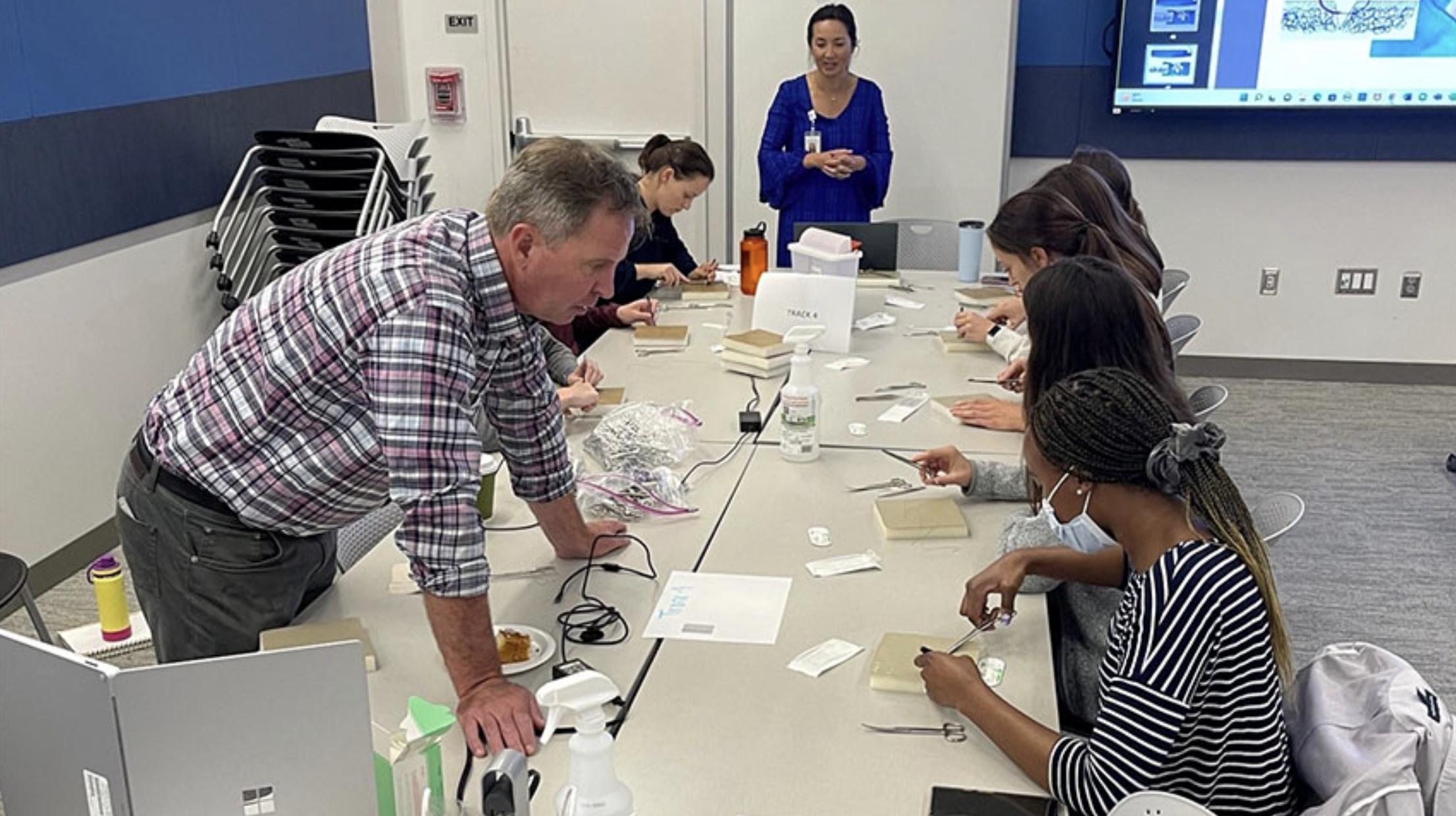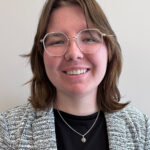

This summer, first- and second-year students at the University of Kansas School of Medicine are participating in a program that allows them to gain medical experience in rural areas across Kansas. The Summer Training Option in Rural Medicine, or STORM, is an elective program available to students at all three School of Medicine campuses: Kansas City, Salina and Wichita.
Twenty students are participating in the four- to eight-week program this year. They receive course credits and a stipend. They will work in trauma units, help deliver babies and form connections with patients in rural areas.
“This experience solidified my desire to become a family medicine physician,” Vanessa Armendariz wrote in a reflection paper about the program and her experience in the northwestern Kansas town of Oberlin. “Every person I encountered in Oberlin, from the hospital staff, healthcare professionals, administrative leaders, patients, to the general community, welcomed me into their town and made me feel comfortable.”
Harold and Fern Ehrlich recognized the need for more rural doctors when they made a $2 million gift commitment to the STORM program in 2020. Their gift provides stipends to participating students and supports STORM in perpetuity. The program has been helping students practice medicine in rural areas since 1992 and, with generous donations, can continue teaching future doctors.
“If I had a billion dollars, anyone living in rural areas would have readily available, prompt and affordable medical services,” Harold Ehrlich said in a 2020 interview.
A 2022 Kansas Journal of Medicine study shows that students who participate in STORM are more likely to practice medicine in rural areas after graduation. This can have a significant impact for Kansas, which is facing a shortage of physicians in rural areas. Urban areas in Kansas have 1.5 physicians per 1,000 people while rural areas have 0.8, according to a 2021 KJM study. Of Kansas’ 105 counties, 61 are medically underserved, meaning there is less than one medical provider per 2,695 people, according to a 2024 Kansas Department of Health and Environment report.
STORM gives students exposure to the realities of rural medicine and allows them to form meaningful connections with patients in these underserved areas. Program participant Meghan Blythe recalled a touching moment her preceptor shared with a patient.
“The patient had been on hospice care for a couple weeks and really couldn’t communicate verbally,” Blythe said. “The physician just sat by her bedside and sang to her. That was something that really stuck with me . . . that personal connection with the patient.”
Those interested in supporting students practicing rural medicine in STORM can give a gift directly to the program. For more information, reach out to Hilary Wheat, senior development director and team lead, at 913-562-2708 or [email protected].
Stay Up to Date on the Campaign
While we strive for perfection, typos happen. Please report them.
1891 Constant Ave, Lawrence, KS 66047 | PO Box 928, Lawrence, KS 66044 | 785•832•7400 | 800•444•4201